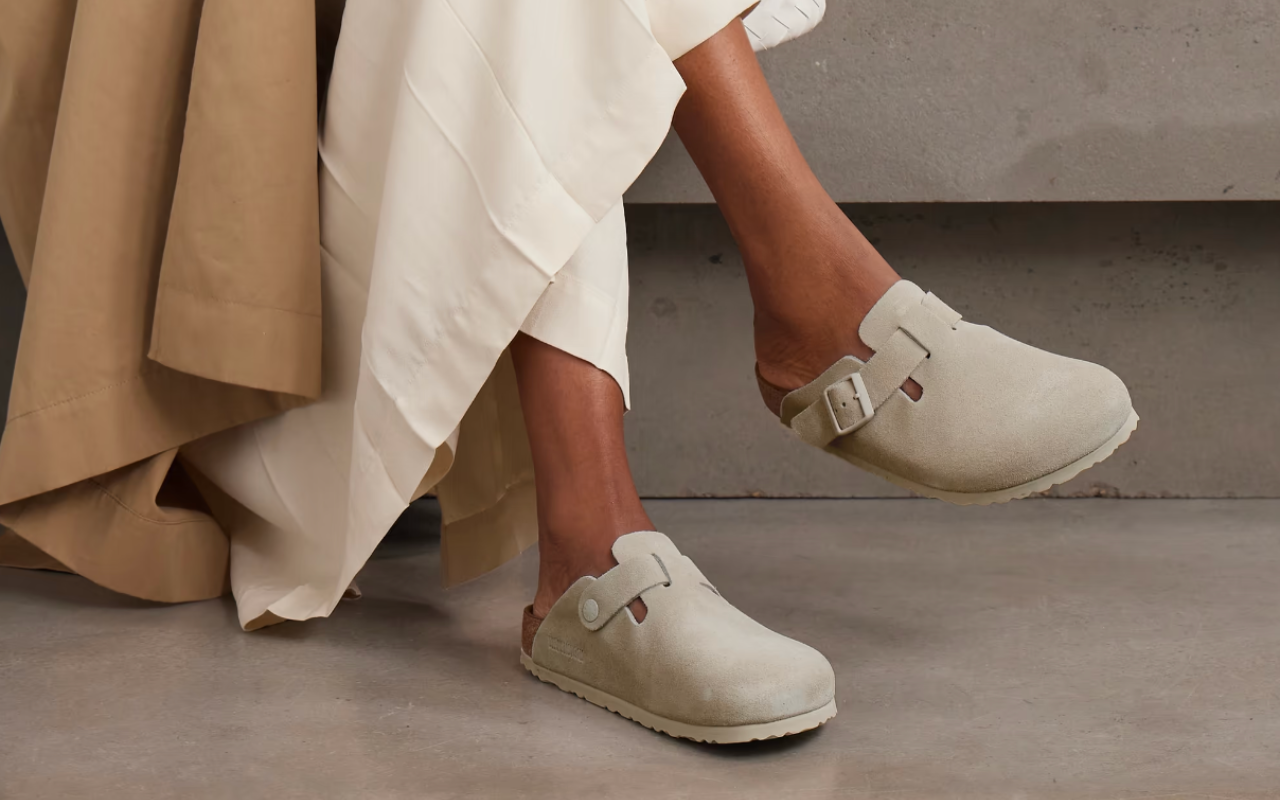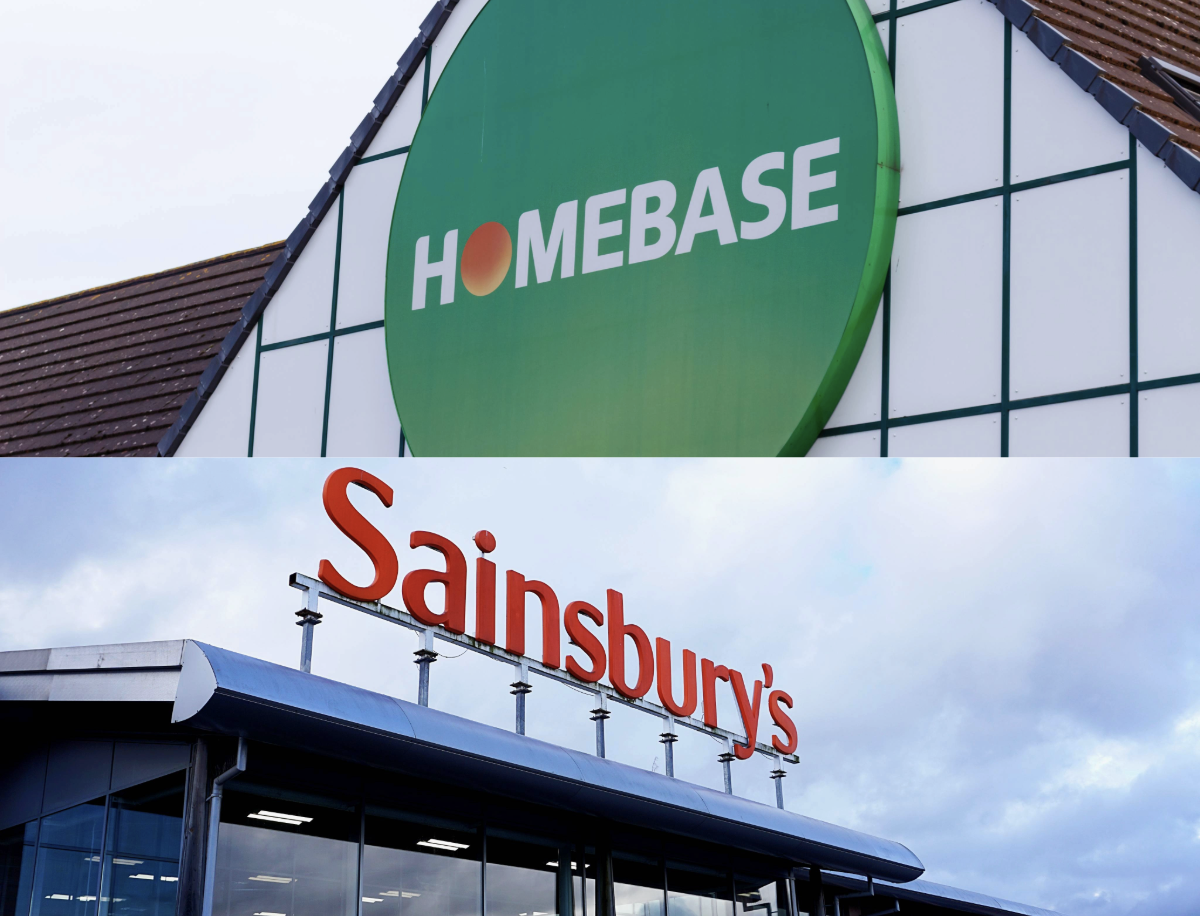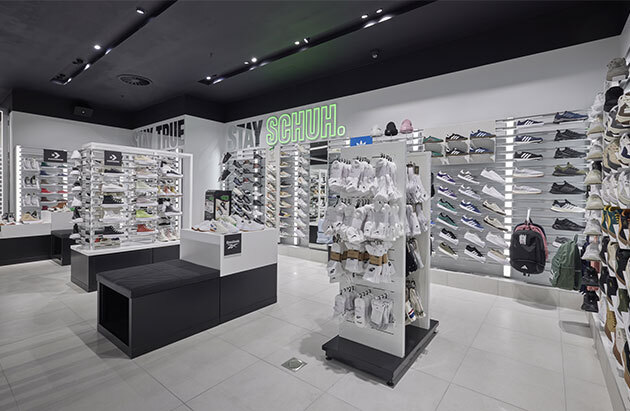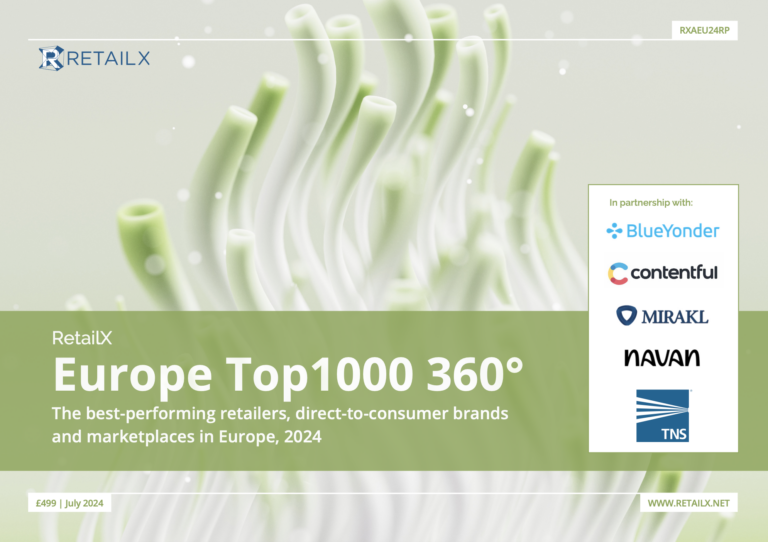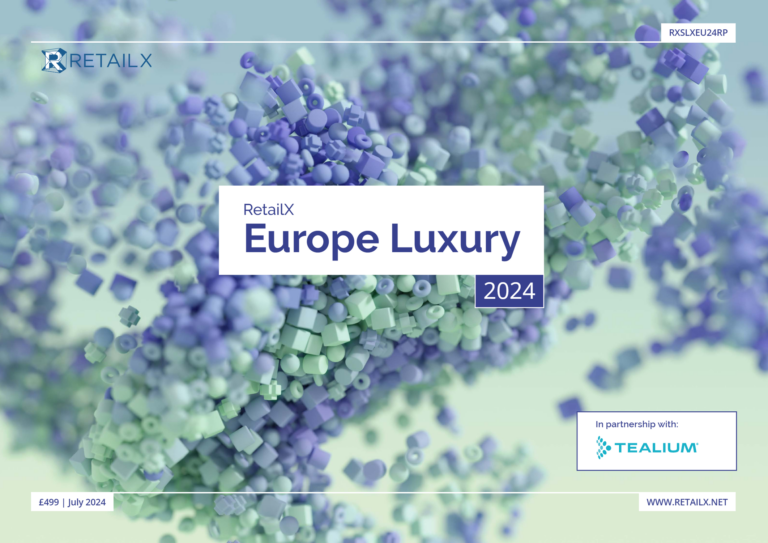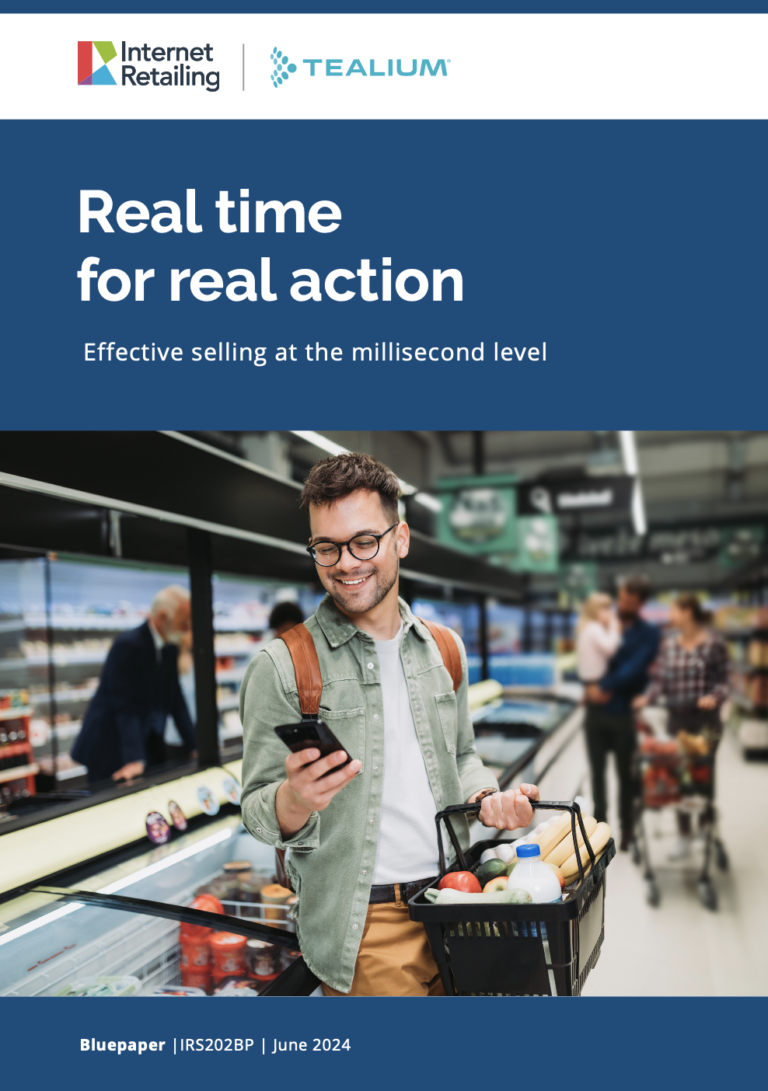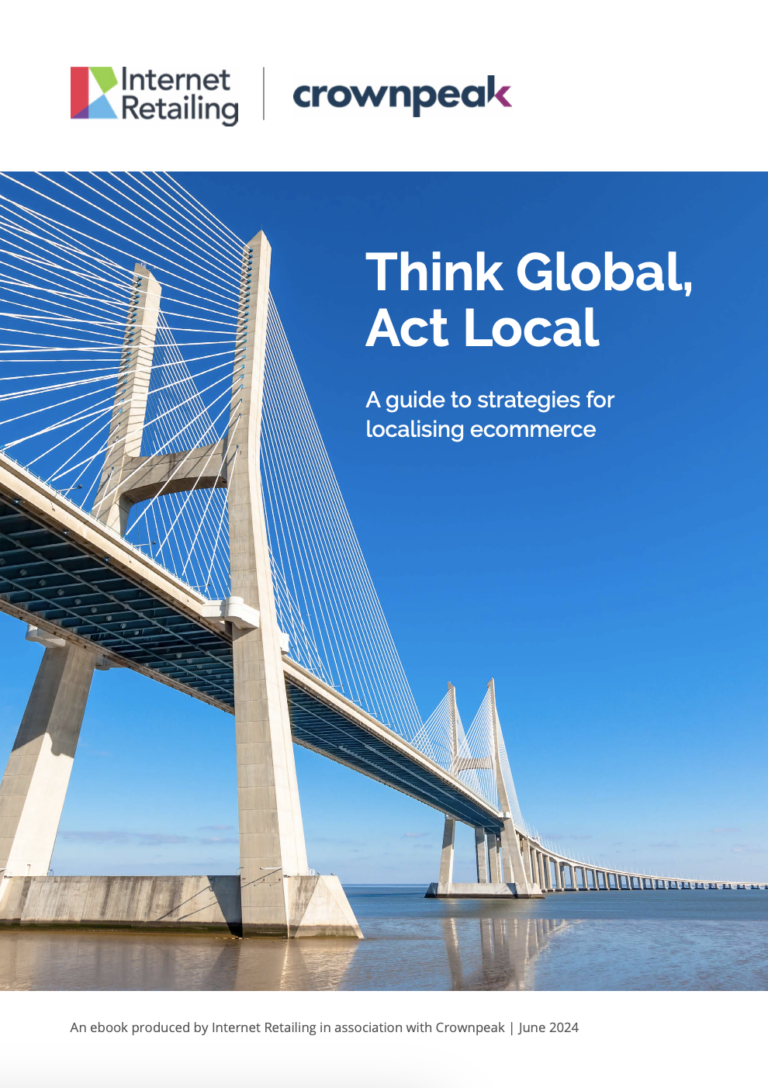The impact of the pandemic on shopping habits may be waning, but it has left in its wake a changed retail landscape for retailers to navigate. If that wasn’t enough, the strictures of the lockdown can now be seen as a peroration for perhaps an even more impactful change in circumstances: the cost of living crisis.
Consumer research this week finds that the constant change and shift of retail seen across the pandemic has slowed and in many places the way people shop is returning to how it was before the crisis. With more people heading back to work, the where, when and why of shopping has changed back to how it used to be – well, a bit.
The ‘what’ however is very much changed. Shoppers now are much more targeted on sustainability, self-improvement and self-care purchases. Searches in the US, for instance, for ‘spa’ and ‘vegan’ are up dramatically, along with those for purified water. The picture is similar in the UK, only ‘ice cream’ featured towards the top of the list (clearly our idea of self-care is much more fun).
But is this all set to change? The cost of living in the UK has risen at an alarming rate, with inflation at a 30-year high. Consumers are now starting to feel the pinch and that is having a dramatic impact on what they buy – an impact that may yet trump that of the pandemic, where, after an initial downturn, things didn’t look too bad.
A separate study of retailers in the West End of London suggest that half of shoppers are already buying less than they were and, perhaps more significantly, 60% of them are ditching their quest for sustainability in favour of finding value for money.
This plays into the hands of ecommerce quite nicely. Data shows that, if they were forced to choose between online and in-store shopping, more than half of UK consumers would pick online – and the chief reason for this is that they will get a better price for what they are looking for.
This could well lead to another ecommerce boom, like the one we saw during the pandemic, with shoppers heading back online to shop to try and ameliorate some of the sting from rapidly increasing prices. Of course, lockdown in China, the war in Ukraine and rising old prices – and therefor hire manufacturing and transport costs – may yet scupper this too, but in the short term at least it looks very likely.
This will once again put user experience of websites back on the agenda, with consumers drawn back to those where they get good services and where easy of use is front and centre.
Amazon is already muddying the waters – and staking a claim on the wider ecommerce space outside of marketplaces – by allowing merchants that are using FBA to add a Buy with Prime button to their own merchant websites. This puts the consumer advantages of being a prime member all over the internet. It will also possibly force down prices among those retailers that want to compete. Bad for the industry, but good for consumers.
UX is set to become a battleground for online retailers in the coming months, even with stores open, and those that embrace that as part of an omni-channel strategy will reap the rewards. Shoppers in the UK, in turns out, are not only keen on ecommerce, but also see it as an integral part of the whole shopping process.
Already, there are winners and losers in this, with two separate UX studies finding that Body Shop currently has the best user experience of all major UK retailers assessed, while Chanel and H&M offer the most accessible websites for those with visual impairment, hearing loss and neurological or cognitive limitations.
This doesn’t mean that sustainability is off the agenda, it just means that it too has to offer value for money – something investors are still counting on, if Amazon is to be believed. Will it be such an attractive proposition, however, if sustainability no longer can command a premium price?



